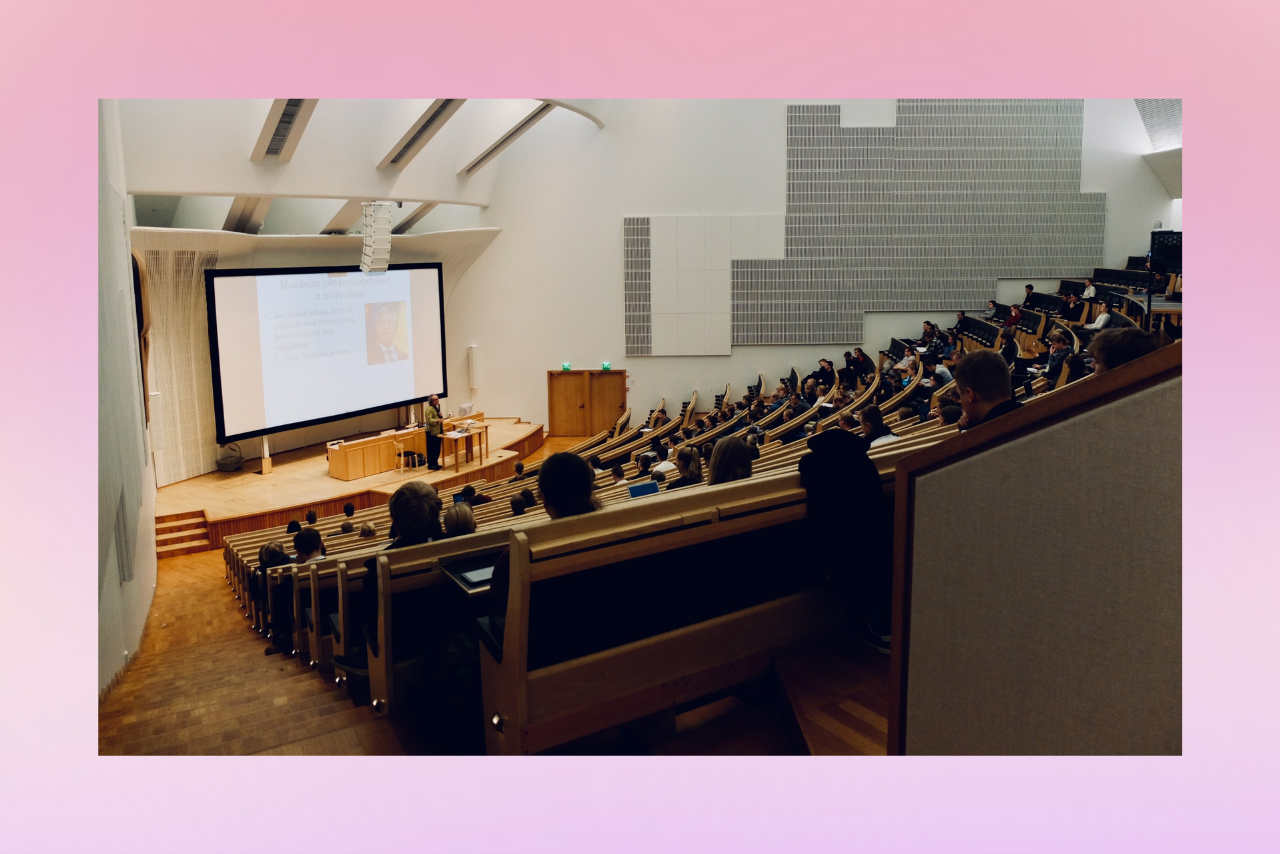I was recently on a “Women in STEM panel,” hosted by the Women’s Center on campus, for UConn Bound day. I loved sharing my personal experience as a woman in a STEM field with fellow incoming students, hopefully making them excited to become part of the STEM family that is present on campus. But something interesting I noticed during this experience were the concerns that some of the girls in the group had about entering fields that were primarily male-dominated. When I briefly mentioned that I, personally, was in a major that was male-dominated, I was hit with questions about if I have ever felt talked over by my male peers, or if I ever experienced bias from my male professors. It was interesting to see that so many girls are concerned about these issues before pursuing STEM fields, which are more often than not the reasons for the dearth of women in these kinds of fields.
The Feeling of Letting Down Your Gender
As women in a STEM major, we all have had this feeling one time or another. The feeling that any mistake we make, or any issue that we have in a class we are taking is only adding to the list of reasons why women are not normally seen to be fit for the particular major we are pursuing. I put out a survey asking women in STEM fields to share their personal experiences in their major. One of the responses I received mentioned that “when in a minority group, your actions seem to cause other people to assume things about the entire demographic you belong to, instead of just about you. I don’t want any failing that I have to be a reflection of how bad women are in STEM because we already feel unwelcome.” This is a feeling that women often have when they are under-represented within the classroom. Every trial we face feels like we are climbing up twice the hill that any male in the same field might be needing to climb, since we are not only trying to face the challenges that a STEM major can bring, but are also trying to deal with the slight guilt of not being able to immediately prove the common stereotype wrong.
Facing Bias InSIDE of the Classroom
Bias against women will always be there. There will always be some person trying to bring us down and tell us that we are meant to be homemakers and caretakers, rather than engineers and scientists. There will always be those male figures in our classes that will redo our math and data tables to make sure it was done correctly, only to realize that it was done to perfection the first time around. These kinds of actions towards women only help women feel like they cannot pursue the majors they are pursuing, and feel like they will never be good enough to compete with their male counterparts.
At the second “Women in STEM” panel that I attended, one of my fellow panelists mentioned that every time she says that she is a woman in engineering, she gets met with comments such as “Really?” and “Wow, I did not expect that.” When she goes on to tell them that she is an environmental engineering major, she gets met with comments such as “that’s not really an engineering major” or “well that makes sense.” Small snide comments such as these are not acceptable! If a male student were to say that he was a part of that same major, it would be met with more respect than when a woman says the same thing. These kinds of remarks only put women down and make less women want to be a part of these kinds of majors, when the male community is unwelcoming and harsh towards them.
Find the Strength of Being a Woman
While the struggle does persist and will continue to persist for all women in STEM fields, we as women need to use this bias that we face and that guilt that we sometimes have to motivate us to keep going. There is a large amount of hidden power that comes with being a woman in a STEM field. Other than the satisfaction that comes with proving men wrong (and trust me, there is loads of satisfaction in that), we are living proof that women are able to do anything a man can do. Every time that we struggle on an assignment, project, or exam, it is important to know that other people, including your male classmates, are struggling too. Asking for help does not make us weak, but instead just shows how women have the ability to advocate for themselves and are able to take the initiative to seek the help they need to be the best versions of themselves and to stand out. One of the survey responses I received mentioned that they get “stared at every time [they] walk in because [their] classes are so male dominated.” Use that to your advantage! Walk into those kinds of classes with confidence. Walk in with the feeling that you are meant to be there, because at the end of the day, you are, and no person should be able to convince you otherwise.
“Reach confidently for the stars!”
One of the panelists said something that I will never forget. She said that she was having a hard time in her STEM classes because she was not able to see many people in her classes that looked like her. She was not able to find her people and find her space. But then her professor told her that she should not have to wait to find that space within her classes. She instead had to be the person to create that space and create that community that would support her and would motivate her to be the best version of herself. We, as women, need to advocate for ourselves, speak up for ourselves and remember that we are badass women, no matter what anyone says. Dr. Shirley Ann Jackson, president of Rensselaer Polytechnic Institute said it best, “I would offer this advice to any young women inspired by the possibility of discovery and innovation. Do not let others define who you are. Define yourself. Do not be limited by what others expect of you, but reach confidently for the stars.”




